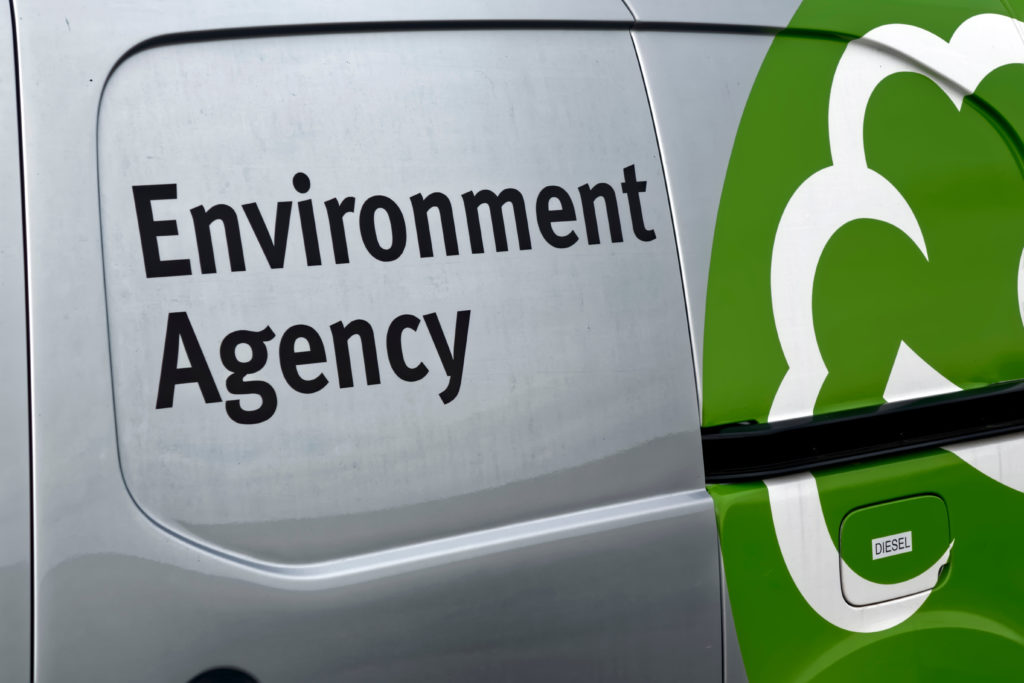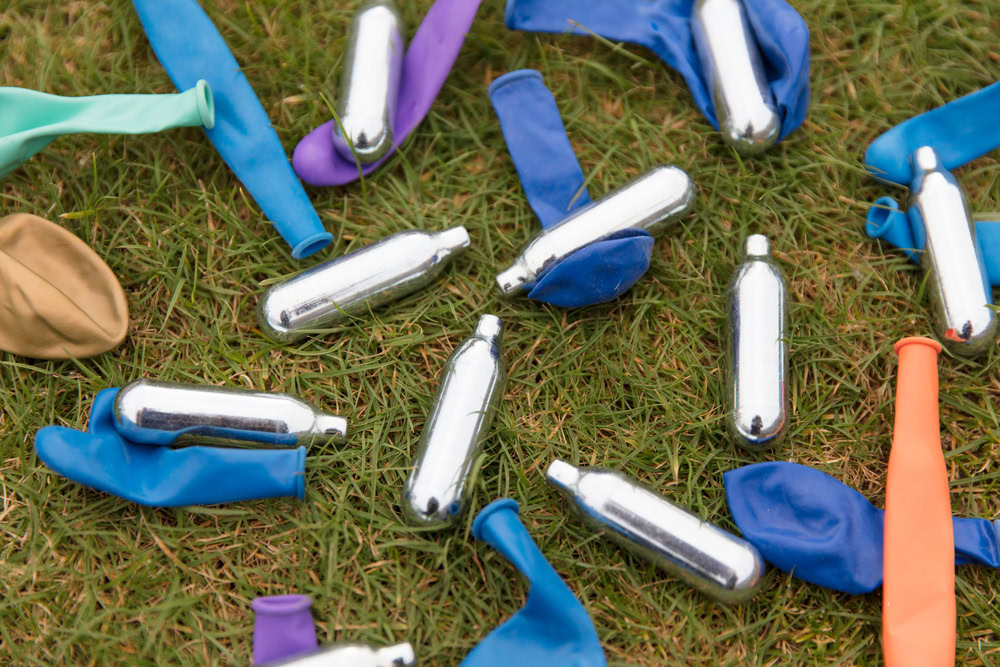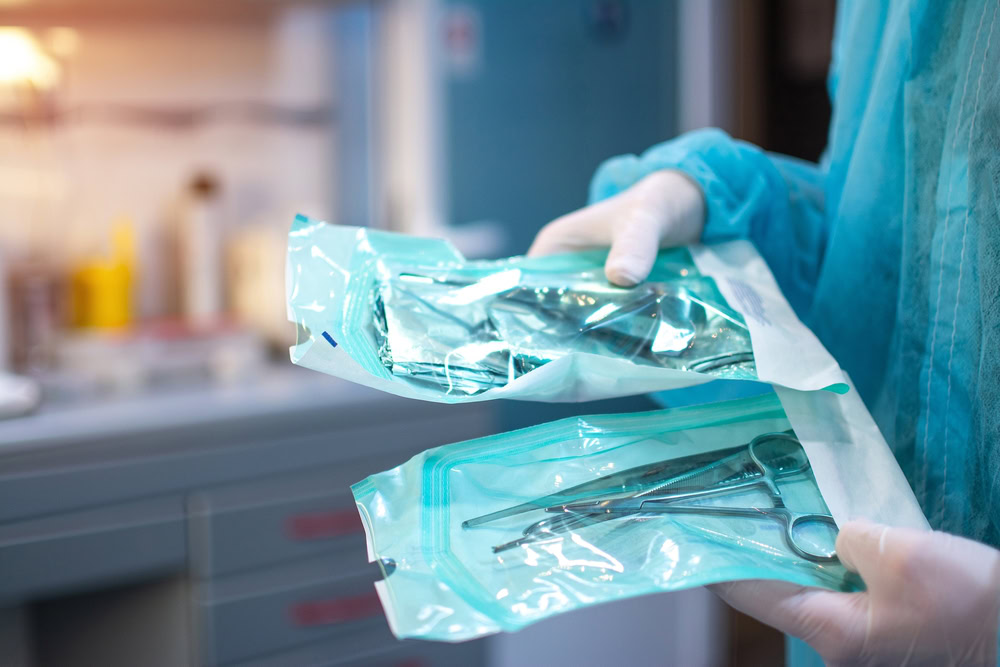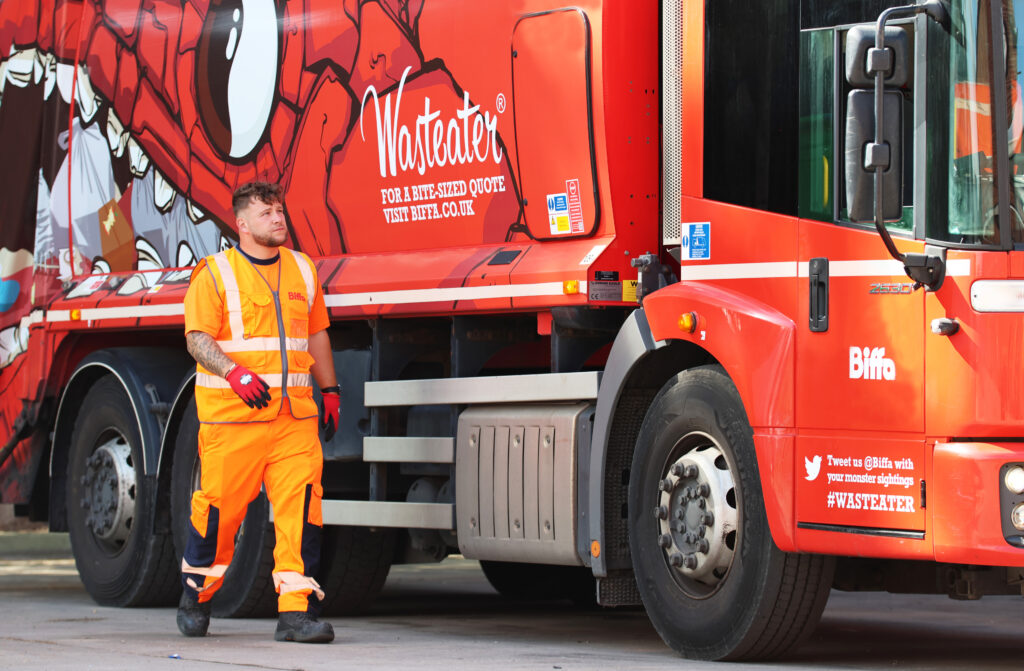The exemptions allow certain low risk waste operators to be exempt from the wider environmental permitting process. The service was previously free.
However, after a consultation in November 2024 the Environment Agency (EA) announced that it would be implementing a charge for the process from 1 July 2025.
In the consultation response, the EA explained: “The proposed changes were designed to recover the full cost of chargeable services that we provide.
“We want to reduce poor performance in the waste sector by increasing our enforcement presence, and to stop illegal activities that undercut legitimate businesses.”
Charities and those applying for T28 exemptions for medical waste are excluded from waste exemption charges and will see no change.
There are also certain exceptions for farming activities which may receive a capped charge of £88.
All others applying for an exemption will be charged a registration charge of £56 and a banded fee depending on the type of waste they are processing.
The bands are:
- Upper band – £1,236
- Band 1 – £420
- Band 2 – £212
- Band 3 – £30
The following waste exemptions will be subject to the following bands:
| Waste exemption | Band |
| S1: Storing waste in secure containers | 1 |
| S2: Storing waste at a secure site | 1 |
| S3: Storing sludge | 2 |
| T1: Treating certain waste to reuse or recycle | 2 |
| T2: Recovering textiles | 2 |
| T4: Storing and preparing for further treatment | 1 |
| T5: Screening and blending waste | 1 |
| T6: Treating waste wood and plant matter | 1 |
| T8: Mechanically treating end-of-life tyres | Upper |
| T9: Recovering scrap metal | Upper |
| T10: Sorting waste for recycling | 1 |
| T12: Manually treating waste | 1 |
| T13: Treating waste food | 2 |
| T14: Emptying and crushing oil filters from vehicles | 2 |
| T15: Treating waste aerosol cans | 2 |
| T16: Treating toner and ink cartridges for reuse | 2 |
| T17: Crushing waste fluorescent tubes | 2 |
| T18: Removing water from clay and paints | 3 |
| T19: Treating edible oil and fat to produce biodiesel | 2 |
| T20: Treating waste at a water treatment works | 3 |
| T21: Recovering waste at waste water treatment works | 1 |
| T23: Aerobic composting | 2 |
| T24: Anaerobic digestion on farms | 1 |
| T25: Anaerobic digestion not done on a farm | 1 |
| T26: Using a wormery to compost kitchen waste | 3 |
| T28: Sorting and denaturing controlled drugs for disposal | No charge |
| T29: Carbon filtering non-hazardous pesticide washings | 3 |
| T30: Recovering silver from photography and printing | 2 |
| T31: Recover monopropylene glycol from aircraft antifreeze fluids | 2 |
| T32: Treating waste in a biobed or biofilter | 3 |
| T33: Recovering central heating oil by filtration | 2 |
| U1: Using waste in construction | 1 |
| U2: Using end-of-life tyre bales in construction | 2 |
| U3: Using waste in creative installations | 3 |
| U4: Burning waste as fuel in a small appliance | 2 |
| U5: Using biodiesel produced from waste as fuel | 2 |
| U6: Using sludge to reseed a waste water treatment | 3 |
| U7: Using effluent to clean a highway gravel bed | 3 |
| U8: Using waste for a specific purpose | 2 |
| U9: Using waste to manufacture finished goods | 1 |
| U10: Spreading waste to benefit agricultural land | 2 |
| U11: Spreading waste on non-agricultural land | 2 |
| U12: Using mulch | 3 |
| U13: Spreading plant matter where it was grown, to benefit soil | 3 |
| U14: Mixing ash back into soil | 3 |
| U15: Mixing pig and poultry ash with manure | 2 |
| U16: Using depolluted end-of-life vehicles for parts | Upper |
| D1: Depositing waste from dredging inland waters | 2 |
| D2: Depositing waste from train toilets | 3 |
| D3: Depositing waste from a portable toilet | 3 |
| D4: Depositing diseased crops under a Plant Health | 3 |
| D5: Depositing waste samples for testing or analysis | 3 |
| D6: Incinerating waste produced on site | 2 |
| D7: Burning plant and untreated wood waste at place of production | 3 |
| D8: Burning waste at a port under a Plant Health Notice | 3 |








Subscribe for free